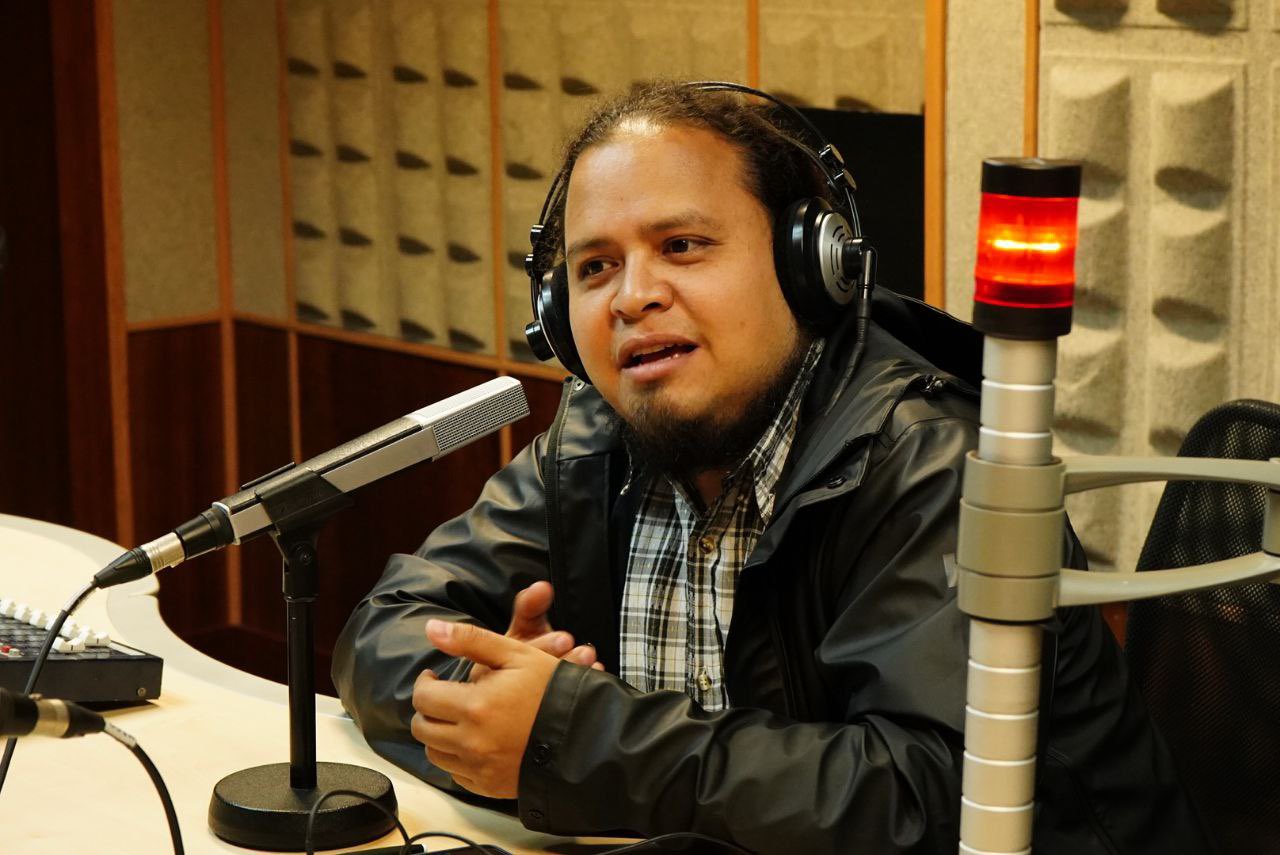Caracas, June 22, 2023 (Press Mincomunas) – According to the Vice Minister of Communal Economy, Hernan Vargas, in Venezuela, families always produce jointly, they take care of each other, and that is the fundamental pillar for the communal project to reproduce life.
“Only when the productive fact is collective is when you have greater possibilities of fighting for your rights; If not, what will happen is that you will be useful to a capital chain that is thinking only of the profit you will generate. The leap to the collective is key to building a communal economy. There, the commune has a relevant role since, historically, it has come together to solve the needs of the community; then, it has to leap forward and think about how in the productive area, we can start to organize ourselves, and do this task of convincing people, of coming together, of being collective, because this way it will be easier, possible and it will take you to different levels to satisfy the necessities”, he emphasized.
During his participation in the radio program “En clave comunal,” broadcasted by Radio Nacional de Venezuela, Vargas pointed out that a communal economic circuit is a communal aggregation for the productive fact. However, he clarified that the Ministry for Communes and Social Movements also promotes for the fact of consumption.
“If you organize consumption in the community it enables you to sustain an economy where you start building a productive chain at all levels: distribution and commercialization. What we do, is to build an alternative value chain, but it is to build an economy that satisfies all life orders,” he said.
For Vice Minister Hernan Vargas, the communal economy must comply with three essential premises: To sustain production, to ensure the basic needs of families, and to reinvest in community guarantees established in the Organic Law of the Communal Economic System to reproduce life.
“These premises are expressed in three funds: One, to sustain the productive management for raw material, maintenance, and to pay labor force. Two, those who produce and work in the commune must guarantee their necessities (such as food and clothing). In the most difficult times, the collective purchase is for vulnerable families. Finally, they must guarantee reinvestment in the community. If the communal economy does not contribute to health, education, and public services, then it is not an economy for life,” he said.
Working to reconnect
The Vice Minister of Communal Economy, Hernan Vargas, reiterated that human life is not the only life on the planet, so it is time to rethink the relationship that men and women have with nature.
“When we talked about building an alternative value chain, we included reconnecting with nature. If there is something we are trying to fight is the idea, very functional to the logic of capital, that economics is about producing many goods and services. No! We must build an economy based on satisfying needs but guaranteeing that life is reproduced. We are part of Mother Earth. The life of the entire planet must be protected. It is urgent to reconnect and rethink ourselves. We have learned to be ashamed of peasant and indigenous conceptions. They are sons and daughters of nature, and that is how they act. We learned that we were modern and nature is something separate, and you exploit it,” he explained.
In this sense, Vargas insisted that, in Venezuela, there is a lot of community fabric that feels another relationship with nature and that fights to protect it.
“From the modern Western culture imposed on us, we tend to put ourselves in a situation where we deny what happens daily in the communities. Especially in the countryside, many people are actively concerned about the levels of exploitation of the soil and nature. In coffee-growing areas, for example, they are concerned about the problems of water and deforestation, so they are making plans to avoid and control this situation. In the city, this problem is more invisible. We agree on the historical objective of defending life, but in practice, the city considers it a problem of the countryside. It is what we urgently need to rethink,” the spokesman emphasized.



